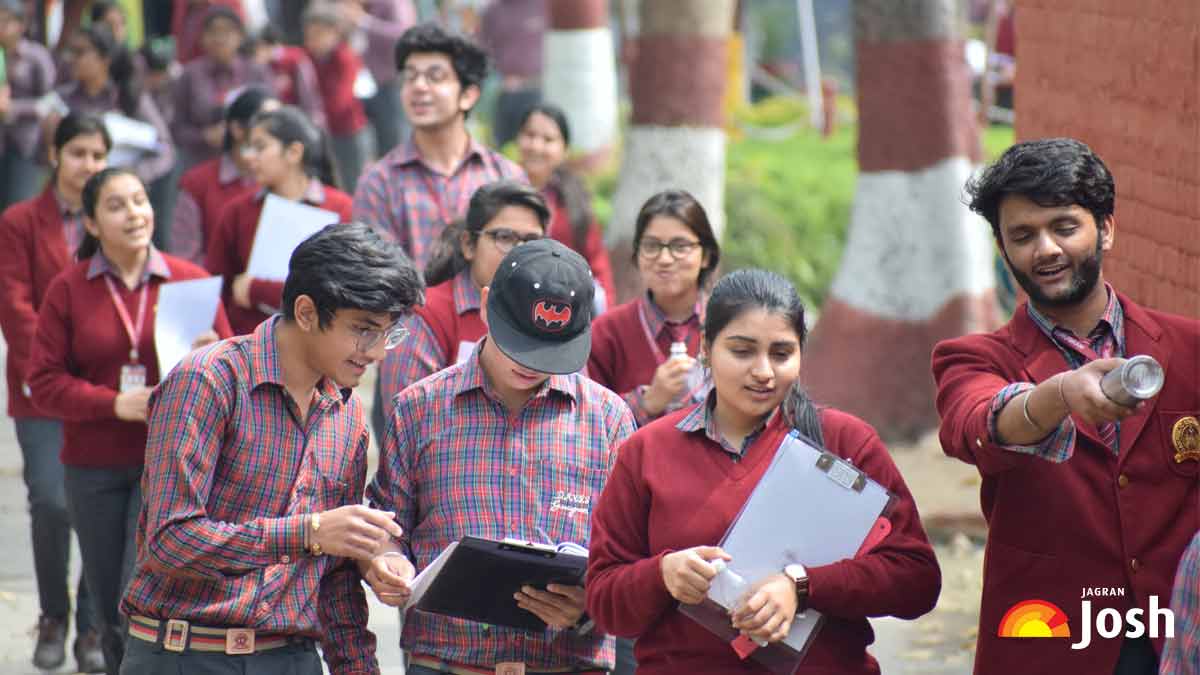Petro-Chemical group of industries have been growing very fast in India. A variety of products come under this category of industries. In 1960s, demand for organic chemicals increased so fast that it became difficult to meet this demand. At that time, petroleum refining industry expanded rapidly. Many items are derived from crude petroleum, which provide raw materials for many new industries; these are collectively known as petrochemical industries. This group of industries is divided into four sub-groups:
• Polymers,
• Synthetic fibres,
• Elastomers
• Surfactant intermediate.
Mumbai is the hub of the petrochemical industries. Cracker units are also located in Auraiya (Uttar Pradesh), Jamnagar, Gandhinagar and Hajira (Gujarat), Nagothane, Ratnagiri (Maharashtra), Haldia (West Bengal) and Vishakhapatnam (Andhra Pradesh). Three organisations are working in the petrochemical sector under the administrative control of the Department of
Chemicals and Petrochemicals.
• First is the Indian Petrochemical Corporation Limited (IPCL), a public sector undertaking. It is responsible for the manufacture and distribution of the various petrochemicals like polymers, chemicals, fibres and fibre intermediates.
• Second is the Petrofils Cooperative Limited (PCL), a joint venture of the Government of India and Weaver’s Cooperative Societies. It produces polyester filament yarn and nylon chips at its two plants located at Vadodara and Naldhari in Gujarat.
• Third are the Central Institute of Plastic Engineering and Technology (CIPET), involved in imparting training in petro-chemical industry.
Polymers are made from ethylene and propylene. These materials are obtained in the process of refining crude oil. Polymers are used as raw materials in the plastic industry. Among polymers, polyethylene is a widely used thermoplastic. Plastic is first converted into sheets, powder, resin and pellets, and then used in manufacturing plastic products. Plastic products are preferred because of their strength, flexibility, water and chemical resistance and low prices. Production of plastic polymers started in India in the late fifties and the early sixties using other organic chemicals. The National Organic Chemicals Industries Limited (NOCIL), established in private sector in 1961, started the first naphtha based chemical industry in Mumbai. Later, several other companies were formed. The plants located at Mumbai, Barauni, Mettur, Pimpri and Rishra are the major producers of plastic materials. About 75 per cent of these units are in small scale sector. The industry also uses recycled plastics, which constitutes about 30 per cent of the total production.
Synthetic fibres are widely used in the manufacturing of fabrics because of their inherent strength, durability, washability, and resistance to shrinkage. Industries manufacturing nylon and polyester yarns are located at Kota, Pimpri, Mumbai, Modinagar, Pune, Ujjain, Nagpur and Udhna. Acrylic staple fibre is manufactured at Kota and Vadodara. Though plastics have become inseparable items in our daily use and they have affected our life style. But due to its non-biodegradable quality it has emerged as the greatest threat to our environment. Hence, use of plastic is being discouraged in different states of India.
